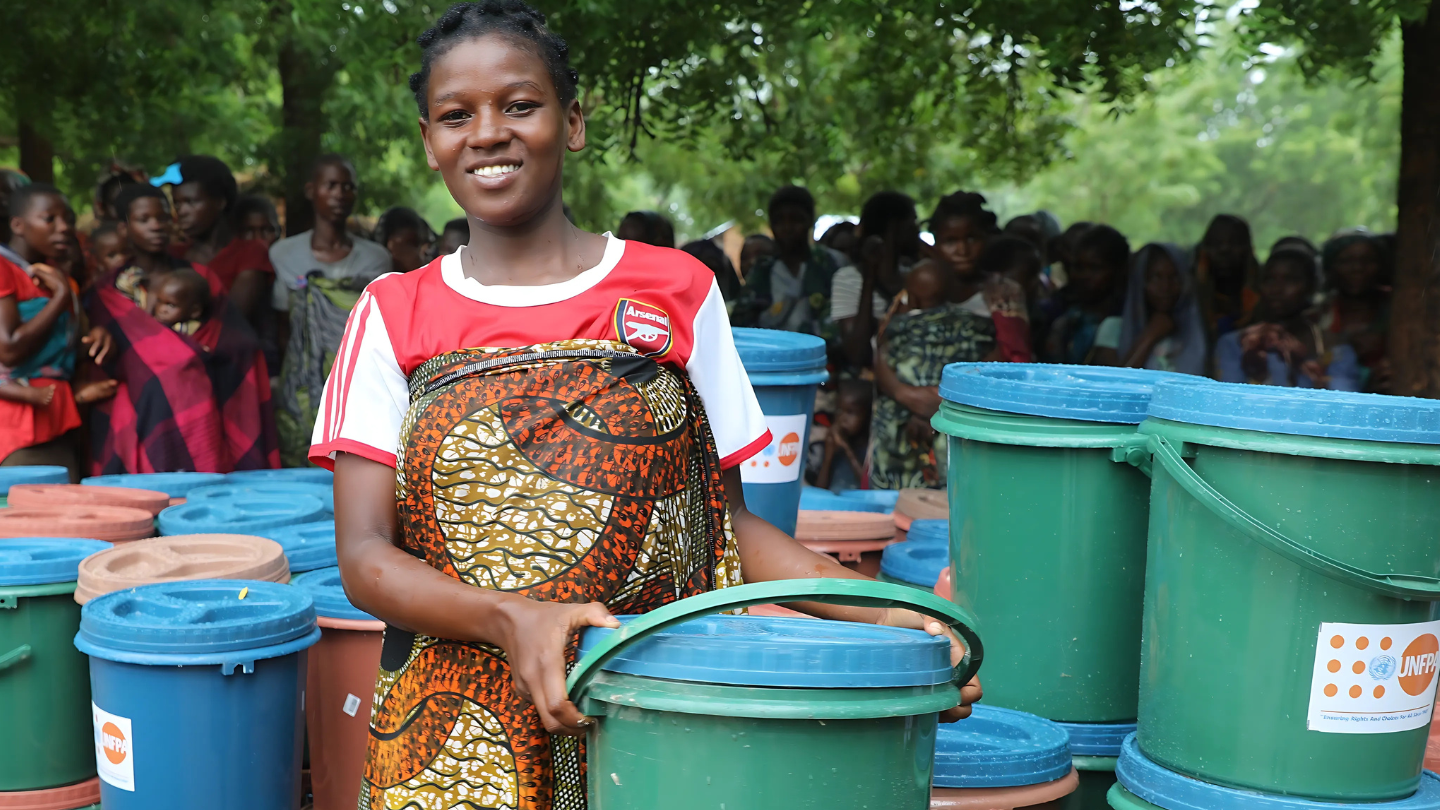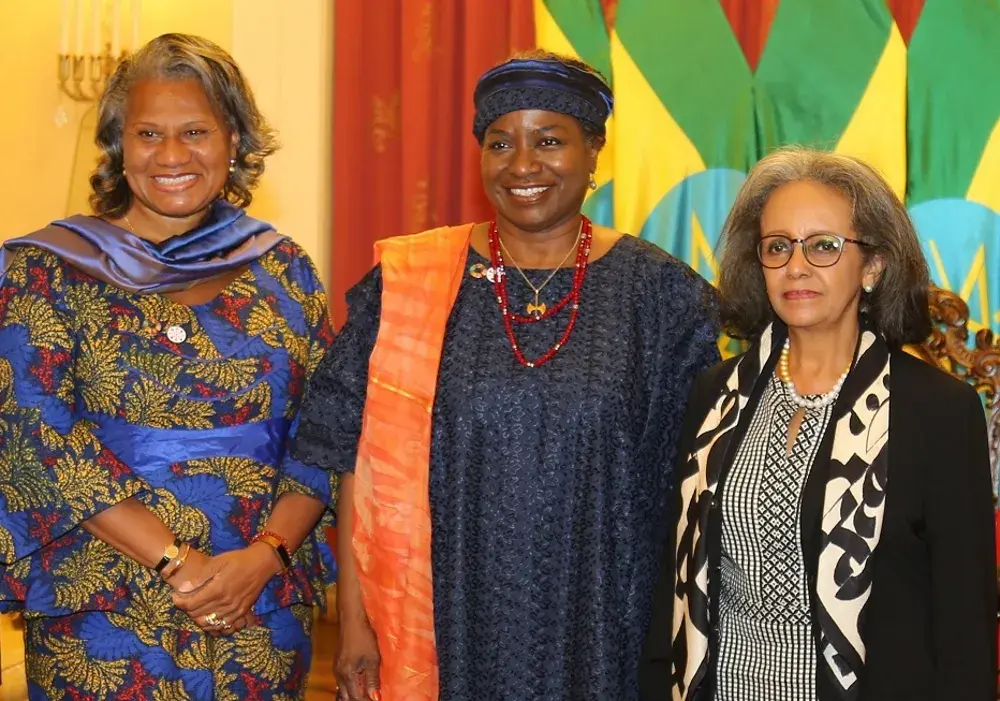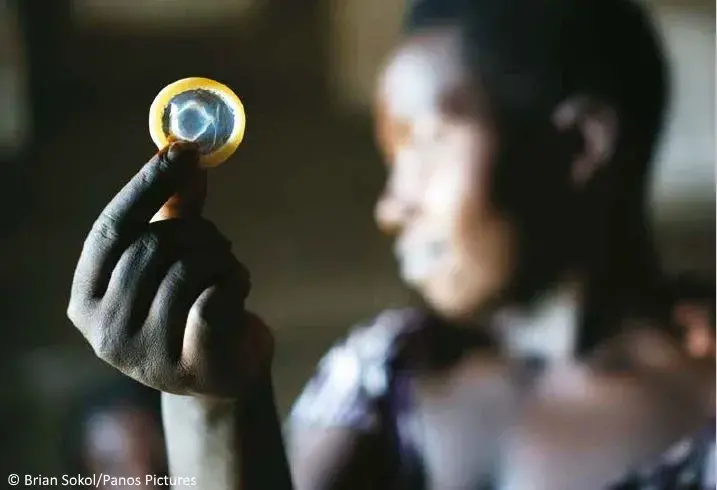NSANJE, Malawi – For 18-year-old Zaina Mtonya, life in Posto Shire, Mozambique, had always been peaceful. She had never known a place beyond her home district, though her relatives frequently crossed the border into Malawi's Nsanje district to sell their agricultural produce.
But in late December 2024, Zaina’s world was turned upside down. A disputed election in Mozambique sparked violent demonstrations, plunging her once serene home into chaos. The violence became unbearable, forcing Zaina to flee her home and seek refuge in Malawi.
"People were attacking each other with machetes," recalls Zaina, who is five months pregnant. "It was terrifying, and we had to leave to save our lives."
When the violence erupted, Zaina’s husband was working in their fields, just a few kilometres away, and her father had gone to the market where he ran a food stall. But the family couldn't afford to wait for their return. They needed to find safety—and that meant heading to Nsanje, just across the border.
"My mother had been to Nsanje before, so we knew the quickest route," she explains. "But I was worried about my father and husband. I didn't know if they were safe or caught in the violence."
Zaina traveled with her mother and four siblings. They arrived in Malawi and were assigned space at the Tengani evacuation center, set up by the Nsanje district council to process refugees before moving them to Nyamithuthu settlement.
Life at Tengani was harsh. The camp quickly filled with refugees fleeing the escalating violence. “The sanitation facilities weren’t suitable for someone pregnant,” Zaina says. “I had to walk to the nearby village to beg to use their facilities, fearing I could get infected from the poor state of the toilets.”
After a week at Tengani, Zaina and her family were relocated to Nyamithuthu, where conditions improved. They were given a family tent, access to portable water, and modern latrines thanks to the support of UN agencies and other development organizations.
Our situation definitely improved, but it still didn’t feel like home. We still didn’t know where my father and husband were
Each truckload of refugees brought new hope that she might be reunited with her loved ones. But as the days turned into weeks, Zaina’s hope began to fade.
As of January 27, 2025, Nsanje district had received 6,834 asylum seekers from Mozambique. Among them were 175 pregnant women and 745 lactating mothers. Recently, UNFPA distributed dignity kits to adolescent girls, pregnant women, and lactating mothers to help them maintain hygiene during their stay at the settlement.
The kits contain essential hygiene and personal care items, and the distribution sessions also provide a platform for open discussions on gender-based violence (GBV), sexual gender-based violence (SGBV), consent, and rights.
“When we fled to Malawi, we didn’t have time to pack anything,” Zaina explains. “The dignity kit I received has been a lifeline, helping me stay clean and healthy.”
Zaina is not alone in her struggle. Naomi Richard, 24, also from Posto Shire, was separated from her only brother during the violent demonstrations.
“Our late parents raised me and my brother together,” Naomi says. “When I got married, I moved to my in-laws’ house in the same village. But when the violence escalated, I didn’t have time to check on my brother before fleeing.”
Naomi's father-in-law was also separated from the family during the flight.
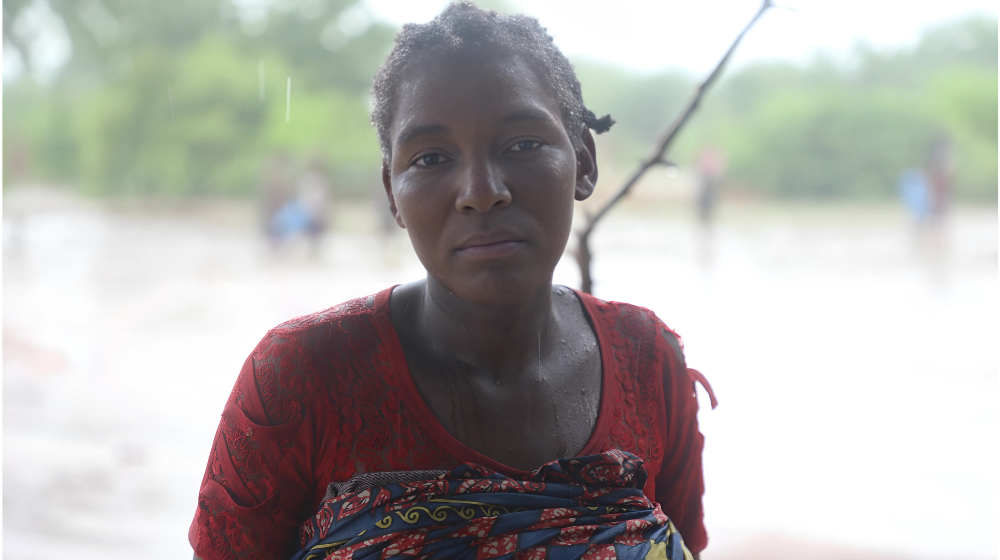
“Our hope is that they are safe,” Naomi, who is eight months pregnant, says. “We just want to know they’re okay.”
Naomi and her family of nine are currently staying at the Chadzuka transit settlement. They sleep in classrooms during the day and move out in the morning for students to use the space. During the rainy season, they seek shelter under the veranda of a teacher’s house.
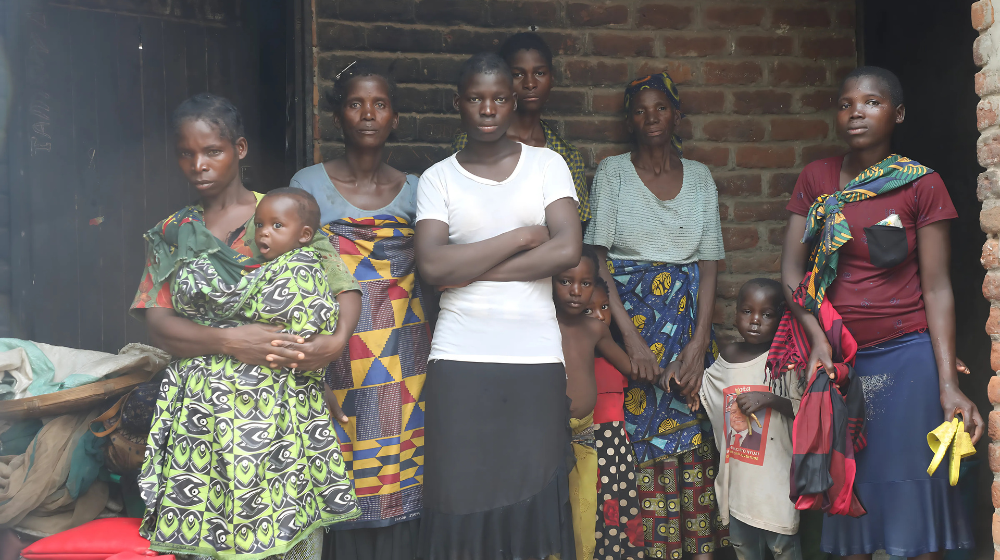
“It hasn’t been easy, but I’m grateful for the support we’ve received so far,” Naomi says. "I’m due any day now, and the dignity kit I received will help me take care of myself and my baby. I am truly thankful."
Joseph Scott, Communications Specialist

